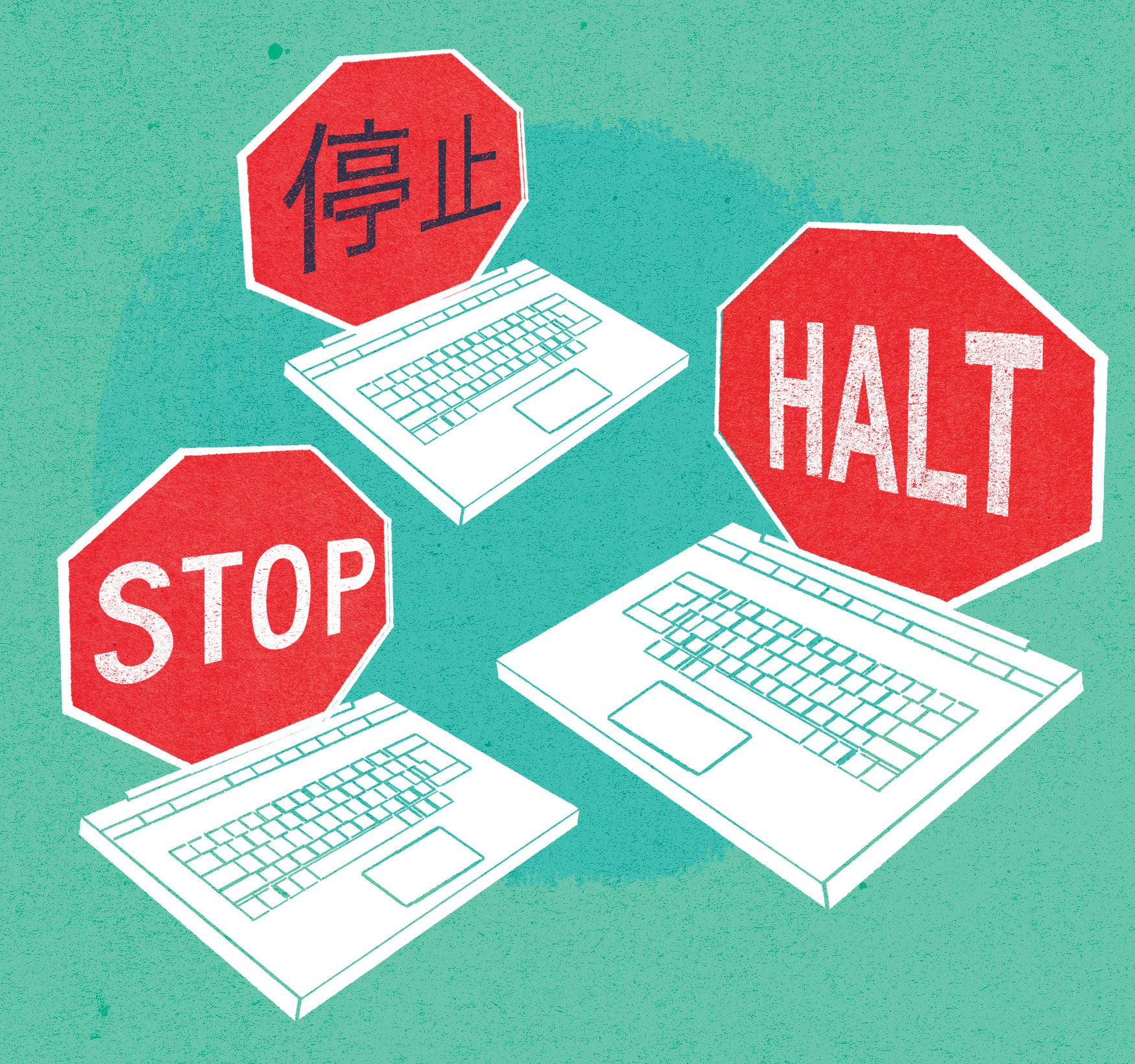When, in February, Internet law expert Professor John G. Palfrey ’01 spoke at a gathering of the Harvard Law School American Constitution Society, he asked his audience to consider this trio of circumstances: Turkey’s censoring of YouTube within its borders—and attempts to do so beyond them; Italy’s prosecution and conviction of three Google executives for not moving quickly enough to block a video showing the bullying of a child with Down syndrome; and the likelihood that Google would shut down its China search engine, google.cn, following cyberattacks Google blames on the Chinese government (the company did so a month later). The changing politics of Internet censorship reflected in these incidents is documented and explored in the new book “Access Controlled: The Shaping of Power, Rights, and Rule in Cyberspace,” edited by Palfrey, Ronald Deibert, Rafal Rohozinski and HLS Professor Jonathan Zittrain ’95, co-founder and faculty co-director of the Berkman Center for Internet & Society.
The Internet once held the promise of serving as a portal to the unprecedented and unfettered flow of information and ideas across borders. It appears those days are over. The Web is increasingly being blocked, filtered, surveilled, censored and otherwise controlled by a growing number of countries—and not just the usual suspects. This collection looks at the global trend of government control of Internet content, not only in places like Russia and China, but in Western democracies as well. The report, which was published by MIT Press in April, is the culmination of an eight-year research project involving more than 100 people, a consortium of four universities—Oxford, Cambridge, Toronto and Harvard—and a $3 million grant from the MacArthur Foundation to the Berkman Center. Palfrey was the project’s principal investigator.
A follow-up to the same editors’ 2008 study, “Access Denied: The Practice and Policy of Global Internet Filtering,” the latest volume finds that not only are various degrees and methods of Internet monitoring continuing to grow in the 65 countries studied, but since the completion of the first volume, attitudinal and technological norms are now emerging to justify and establish Internet control. These norms include national security and law enforcement, the Internet’s tipping of the power balance from government to private authorities, cyberwar threats and increasingly sophisticated access-control technologies.
State control of the Web: It’s not just the usual suspects
Researchers relied on a combination of testing methodologies and legal research to arrive at their findings. Using sophisticated computer programs, they knew when and how, for instance, the Iranian government was blocking access to Web platforms during the summer of 2009. Through legal research, they could explore how states use their laws to regulate online behavior, and to conduct surveillance of the Internet. The result, Palfrey says, is a “rich picture” of how states are increasingly controlling Internet access.
“Access Controlled” reveals discrepancies in what countries choose to block. The U.K., for example, largely protects free expression and privacy, but actively surveils the Internet in the name of national security. Myanmar has been known to shut down access entirely.Falling between are countries engaging in varying levels of political or cultural censorship.
Palfrey wonders how fractured Internet access practices will affect relationships among people throughout the world. “What version of the Internet can you see?” he asks. “What does the rest of the world see? How does the emergence of an Internet that’s bordered affect politics and culture developing in a digital era?”
